News

Apr 13, 2023
Penn State announces 2023 University-wide faculty and staff awards
Each spring, Penn State recognizes outstanding faculty and staff with annual awards in teaching and excellence. These awards highlight many of the University's faculty and staff who go above and beyond in their work at Penn State.
Full Article
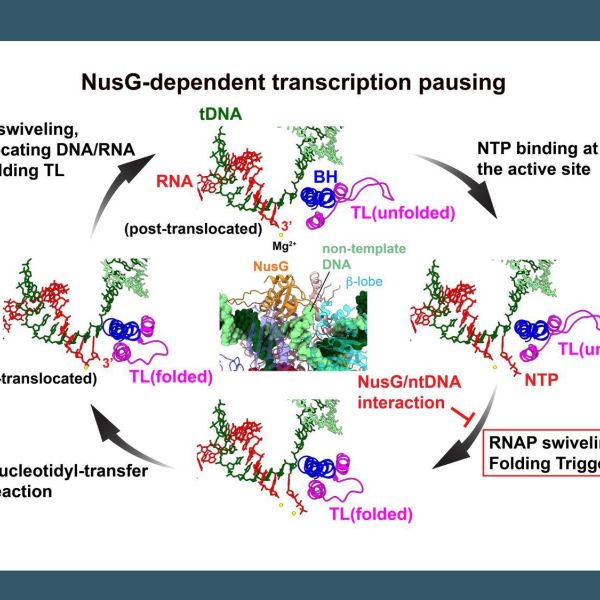
Feb 16, 2023
DNA stuck in the gears of the RNA production machine
Precise control of gene expression — ensuring that cells make the correct components in the right amount and at the right time — is vital for all organisms to function properly. Cells must regulate how genes encoded in the sequence of DNA are made into RNA molecules that can carry out cellular functions on their own or be further processed into proteins.
Full Article
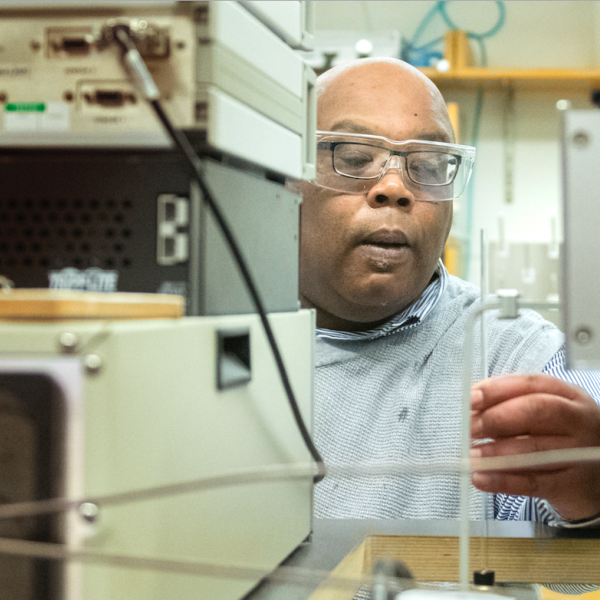
Aug 19, 2022
Booker honored by American Society for Biochemistry and Molecular Biology
Squire J. Booker, Evan Pugh Professor of Chemistry and of Biochemistry and Molecular Biology at Penn State, holder of the Eberly Family Distinguished Chair in Science, and investigator with the Howard Hughes Medical Institute, has been awarded the ASBMB-Merck Award and the Ruth Kirschstein Diversity in Science Award from the American Society of Biochemistry and Molecular Biology (ASBMB)
Full Article
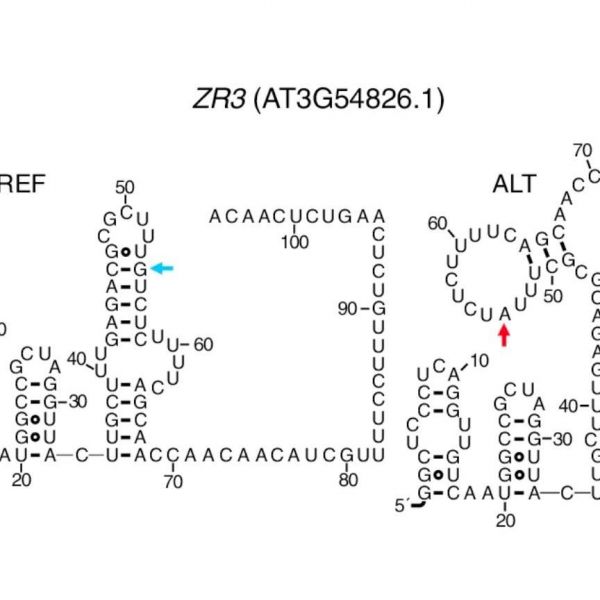
Jun 24, 2022
Climate-associated genetic switches found in plants
Genetic variants that can act as switches directing structural changes in the RNA molecules that code for proteins in plants have been experimentally validated in plants for the first time. The changes to RNA structure can affect the molecule’s stability, how it interacts with other molecules, and how efficiently it can be translated into protein — all of which can impact its function and the traits of the plant.
Full Article

Apr 19, 2022
Booker receives Hans Neurath Award from Protein Society
Squire J. Booker, Evan Pugh Professor of Chemistry and of Biochemistry and Molecular Biology at Penn State, Holder of the Eberly Family Distinguished Chair in Science, and investigator with the Howard Hughes Medical Institute, has been honored with the Hans Neurath Award from the Protein Society, the premier international society dedicated to supporting protein research.
Full Article

Feb 18, 2022
Penn State biologist Michael Axtell named distinguished professor
Michael Axtell, professor of biology at Penn State, has been selected to receive the title of distinguished professor of biology in recognition of his exceptional record of teaching, research, and service to the University community.
Full Article
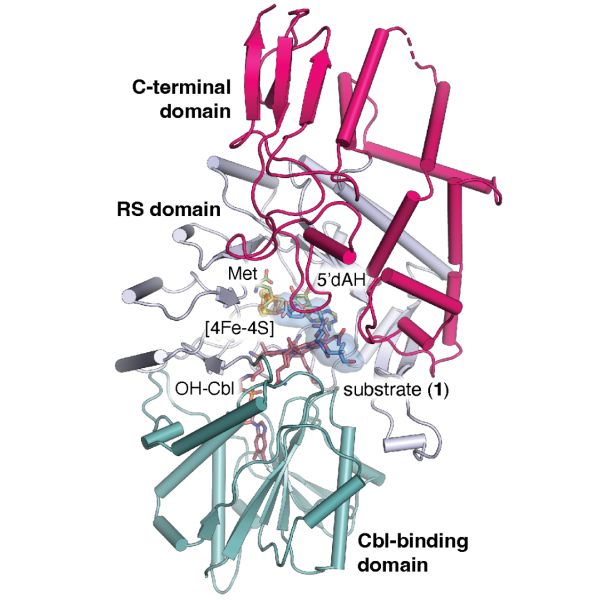
Feb 02, 2022
The key to a powerful antibiotic’s formation now clear
A powerful class of antibiotics called carbapenems can circumvent antibiotic resistance thanks to a particular chain of atoms in their structure. Now, a team of researchers from Penn State and Johns Hopkins University have imaged an enzyme involved in the creation of this chain to better understand how it forms — and perhaps replicate the process to improve future antibiotics.
Full Article
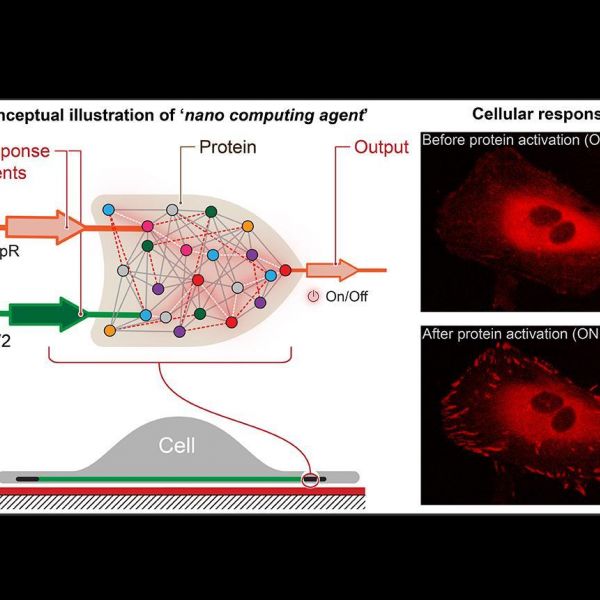
Nov 17, 2021
Nanoscale ‘computer’ controls function of protein, influences cell behavior
The creation of nanoscale computers for use in precision health care has long been a dream of many scientists and health care providers. Now, for the first time, researchers at Penn State have produced a nanocomputing agent that can control the function of a particular protein that is involved in cell movement and cancer metastasis.
Full Article
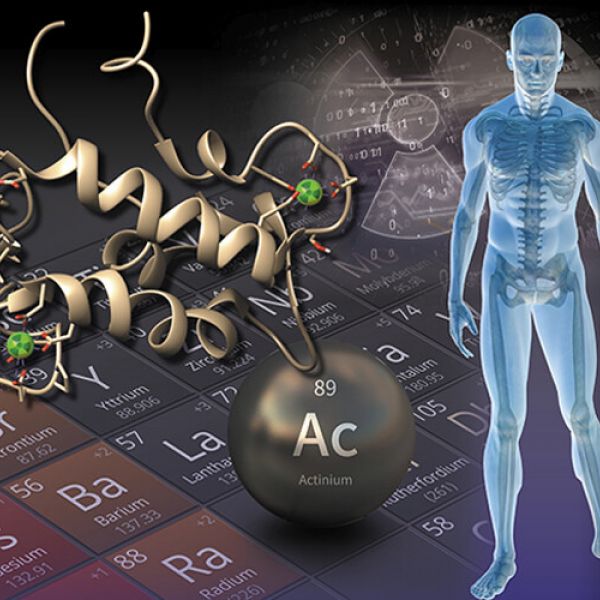
Oct 21, 2021
Radioactive metals for medicine get a boost from recently discovered protein
A protein can be used to recover and purify radioactive metals such as actinium that could be beneficial for next-generation drugs used in cancer therapies and medical imaging, according to new research from Penn State and Lawrence Livermore National Laboratory (LLNL).
Full Article

Sep 15, 2021
Modifying RNA: Crucial steps for adding chemical tag to transfer RNA revealed
The chemical steps in an important cellular modification process that adds a chemical tag to some RNAs have been revealed in a new study. Interfering with this process in humans can lead to neuronal diseases, diabetes, and cancers.
Full Article